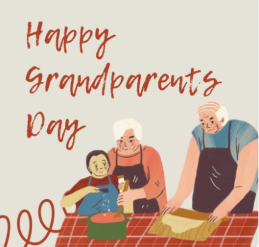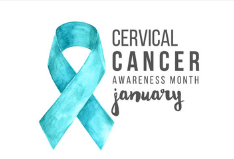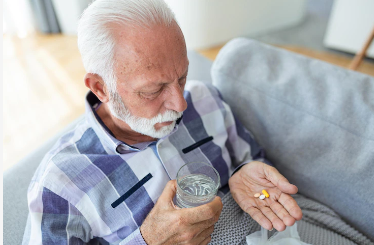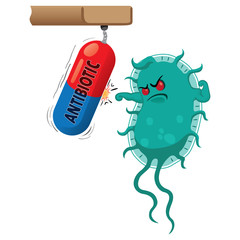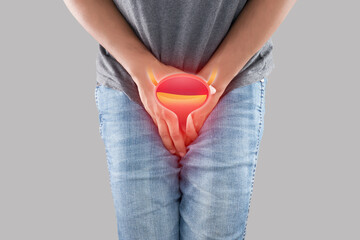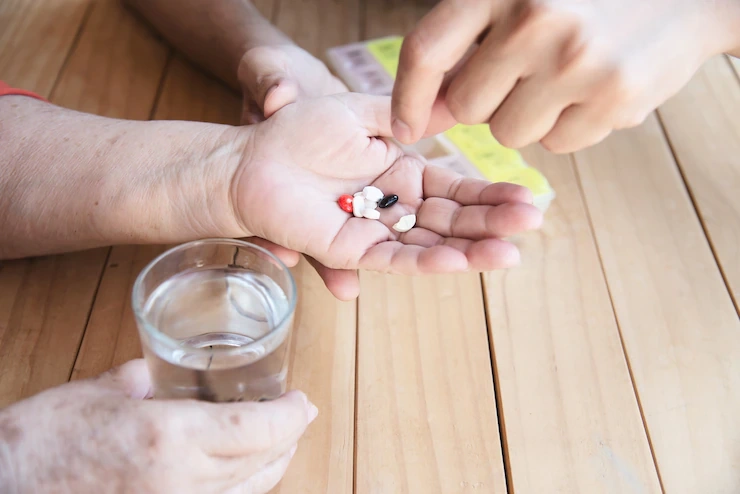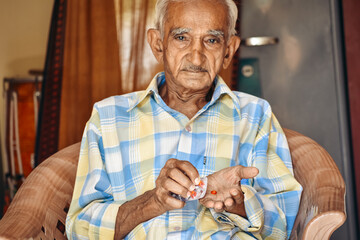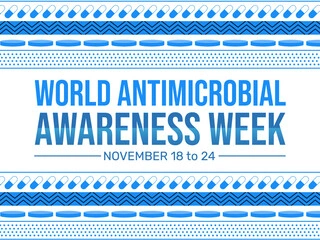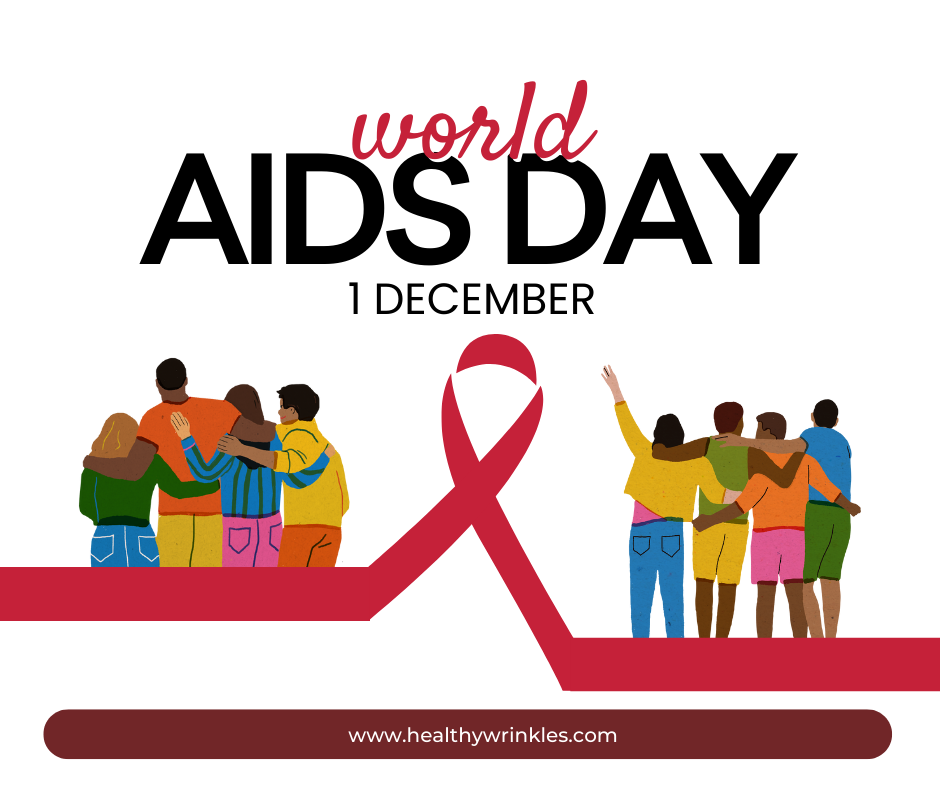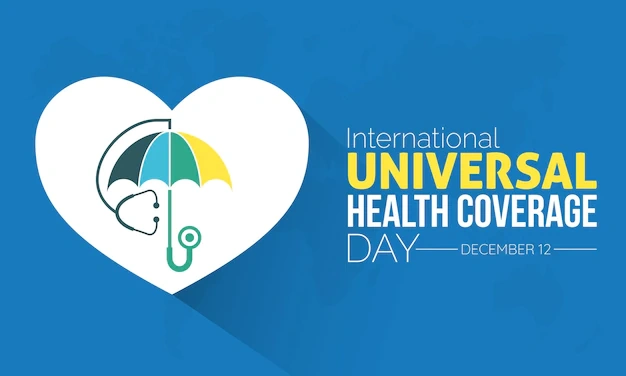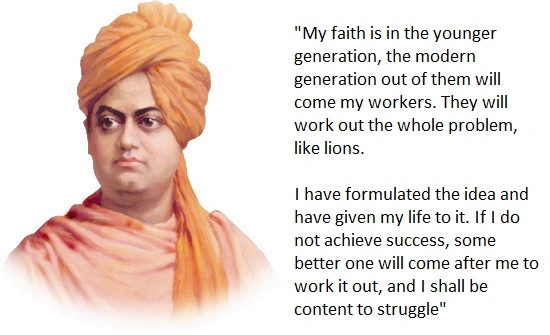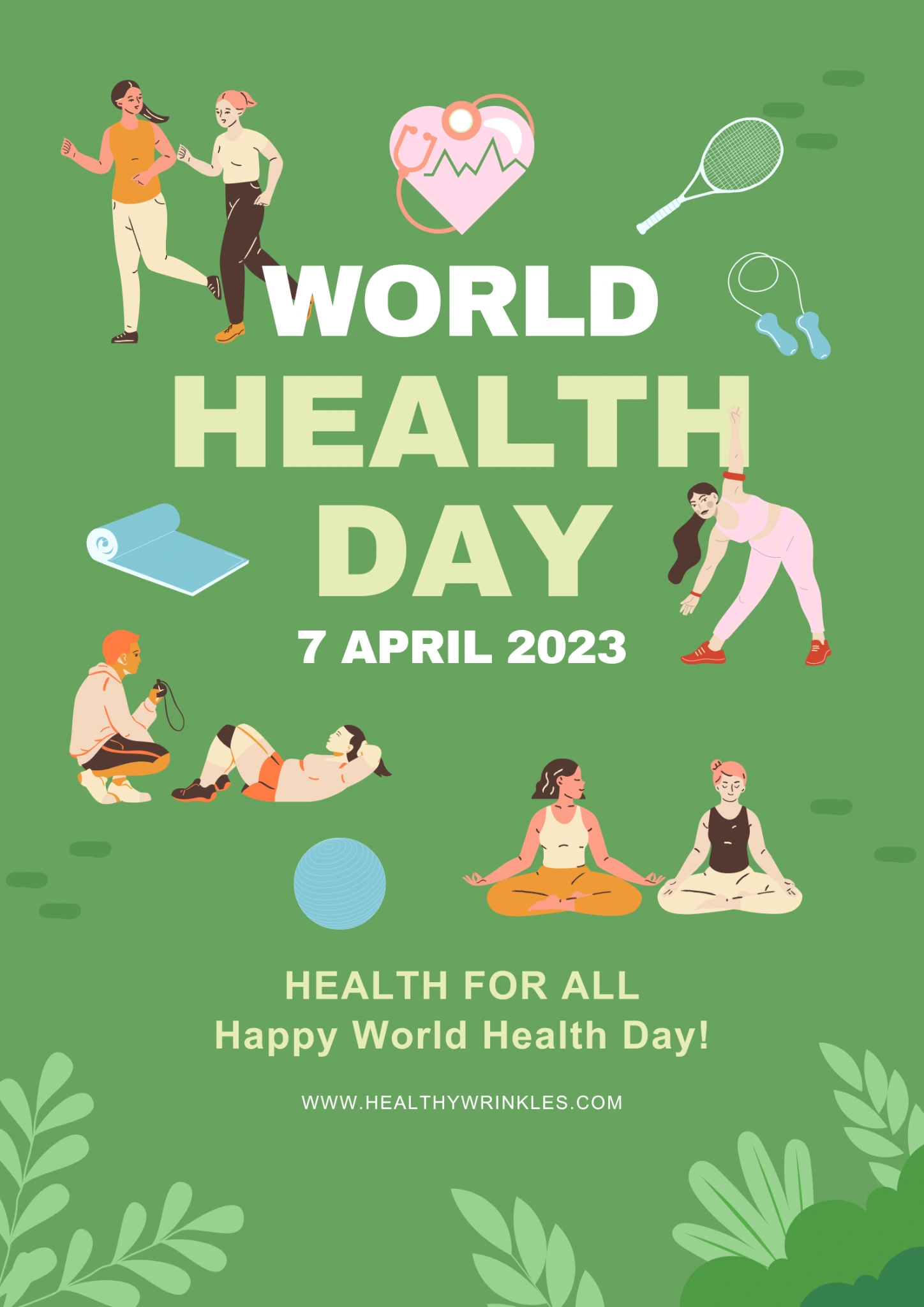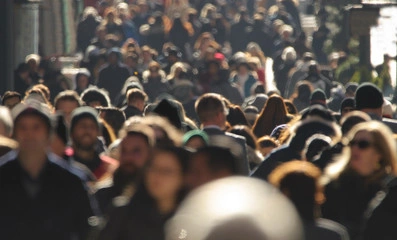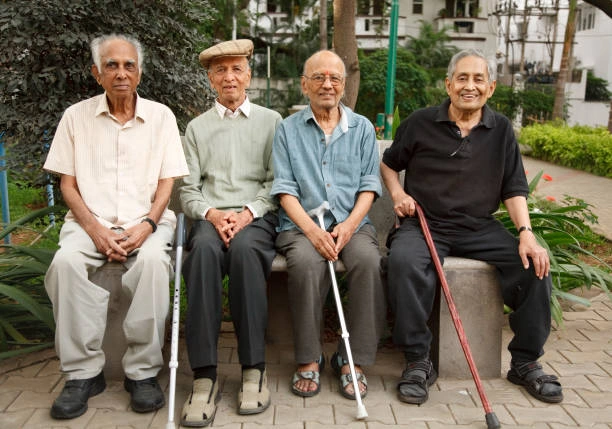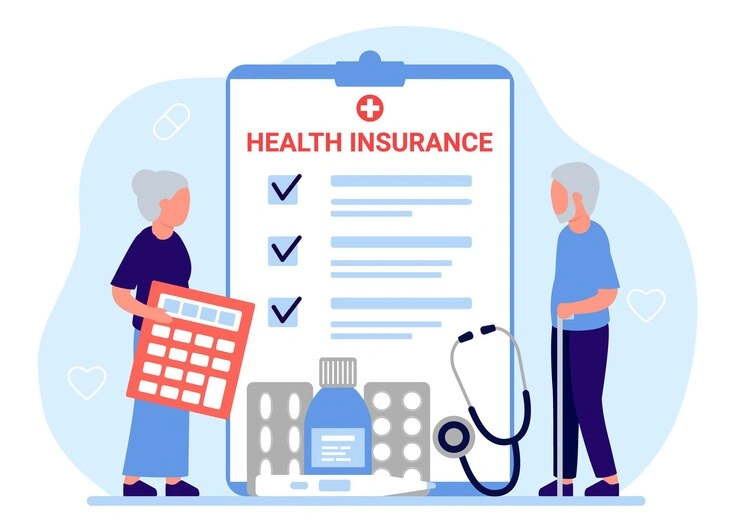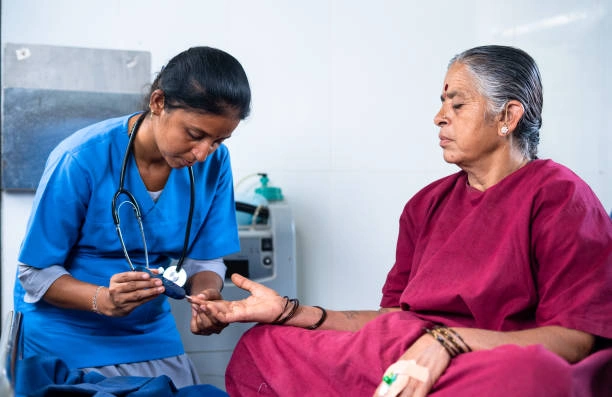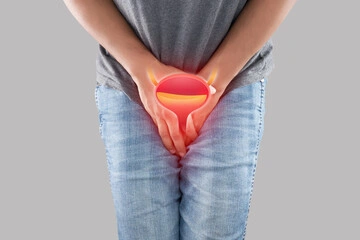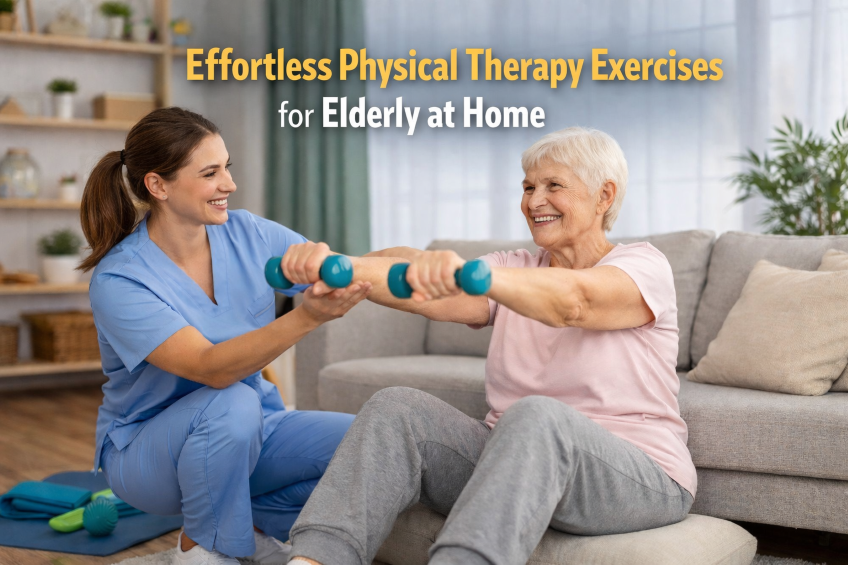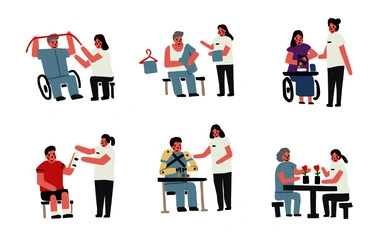What are ADLs, dADLs and iADLs?
01-10-24
Activities of daily living (ADLs) are a concept used by medical professionals to describe the basic self-care tasks that people perform on a daily basis. Health professionals frequently use an individual's ability or inability to complete ADLs to assess functional status, especially among older adults or people with disabilities.
Daily Living Activities (ADLs)
Self-care tasks are included in Activities of Daily Living (ADLs). One way to look at it is that they are the activities that individuals do when they get out of bed in the morning.
Enter and exit the bed or chair
Toilet cleanliness
Showering or bathing
Getting Ready
Personal grooming
Eating
Stairs to walk or climb
Responses to safety/emergency situations
Instrumental Activities of Daily Living (iADLs)
Instrumental Activities of Daily Living, or iADLs, are tasks related to living independently or caring for a spouse, partner, or child. They are not tasks associated with basic functioning.
Purchasing Food/ Groceries
Transportation (by car or public transportation)
Cooking meals
Medication Administration
Using a Phone or Technology
Cleaning and upkeep of the home
Running Errands and Making Appointments
Managing Money
Domestic Activities of Daily Living (dADLs)
Domestic Activities of Daily Living, or dADLs, include things like playing a musical instrument or doing fine art like painting or working with clay, exercise like riding a bike or hiking, and mental exercise like doing puzzles or learning new things. These are important activities in determining the quality of one's life, but these are frequently neglected once an individual reaches a certain age.
Companionship/Socialization
Simple exercise
Physical exertion
Mental workout
Hobbies that necessitate fine motor skill
Concern for others
Animal care
Community involvement activities
What is the significance of ADLs and IADLs for carers?
As a family carer, you have the ability to provide your loved one with the best possible life. Tracking your loved one's health and functional abilities will make it easier to detect indications of deterioration and betterment. Knowing what ADL and IADL changes to look for will assist you in assessing the level of care required for your loved one.
Consider the fact that ADLs necessitate more focused, hands-on care as you monitor your loved one's condition and plan for the next steps. In some cases, distinct service providers, like a senior meal preparation or delivery service, a maid, or a money management professional, may manage IADL deficiencies. If you find that in-home services are insufficient to assist your parent in performing a key ADL, talk to a geriatrician now.
